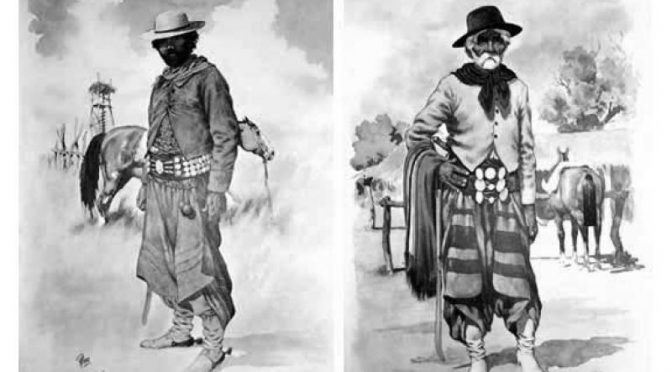So I disappear down another rabbit hole.
Breathlessly pursuing Borges, Pugliese and the Spanish Language through echoing caverns of meaning and history.
I think as native English speaking Tango students – when there is a lyric – we at least stand a chance. We can google, find someone else’s talented work in translation. Learn from it. Add to this over time.
It may be poetic, it may have a lot of Lunfardo – but we can normally get the essence, and maybe that helps us to interpret better.
But when as dancers we are responding to something as dramatic as the more passionate Pugliese instrumentals we can feel lost. There is just nothing individual to hang onto. Yes ‘Pata Ancha’ has the classic Yumba sound from the first moments – that signature marcato that might bring to mind the heartbeat of the city, or the metalworkers in the factory – but we need more.
So google will tell you that Pata Ancha means – ‘wide leg’.
Well that’s good – it doesn’t mean some kind of fish pate then. But what on earth .. Sex? Solidity? Strength? The brutality of ugliness?
No. But of course this is pointing us towards the answer. It is at least a start.
I am in such very severe danger of a little knowledge being a dangerous thing – and I do welcome help from anyone – please – but Martín Fierro (El Gaucho) is an epic poem by the Argentine writer José Hernández. Published in two parts n the 1870s.
And in this poem is ( the first? Most relevant?) mention of a colloquial meaning of the phrase ‘Pata Ancha’ – “Dealing with anger to any danger”.
Echoes of the meaning of “Mandria’ – ( D’Arienzo ) – not just as worthless – but as the way Gauchos used to knife fight each other – not to the death but until one of them was facially scarred and so was worthless to a woman.
And so it comes back again to the Gaucho roots of Milonga / Tango – of course Gauchos wore wide pants.
They were passionate, rural and proud – they in many ways defined their lives in harsh terms – wanting to die proud – to respond by putting themselves on the line.
And it is this essence of the early Milonga that as I understand it Borges wanted to get back to. He resented the loss of the guitar, the introduction of romanticism, Lunfardo and even vocals at all. To him the essence was the Pampa, the space, the freedom and a man finding himself.
And at this point I am just going to stop and refer anyone interested to a really worthwhile, fascinating and academic reference ( also attached so hopefully one will work borges-milonga ) that Borges and Pugliese led me to as I chased them down a rabbit hole, about 4 hours ago. And I am still falling.. and falling.
Enjoy.

